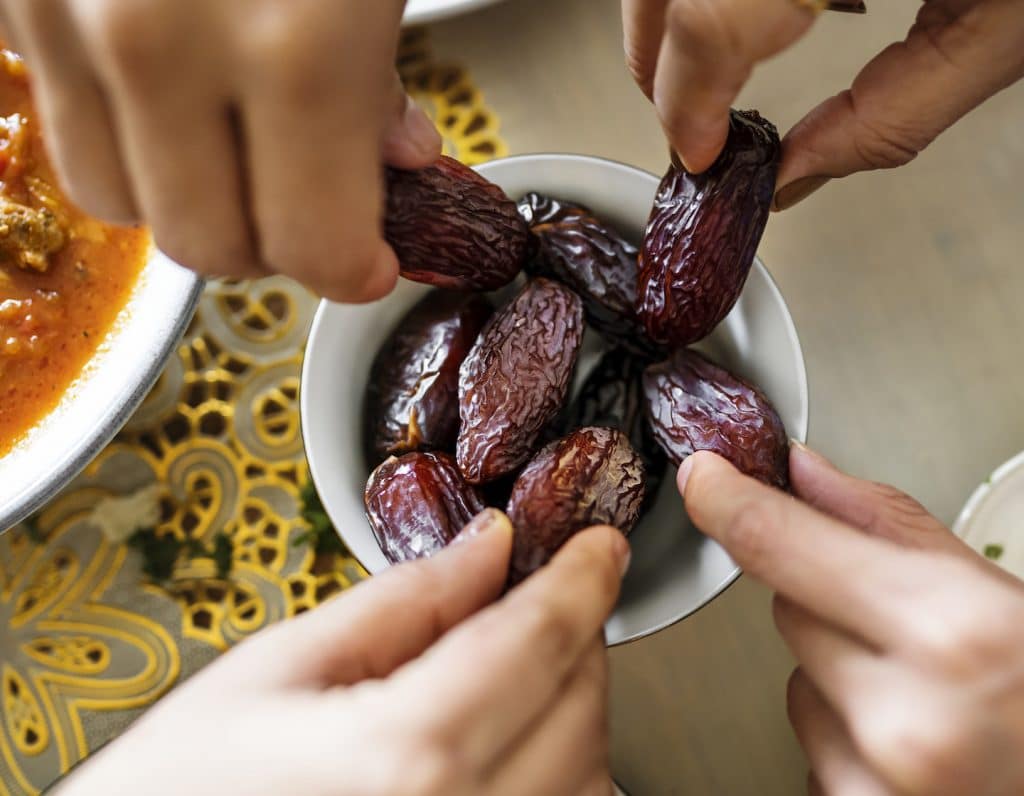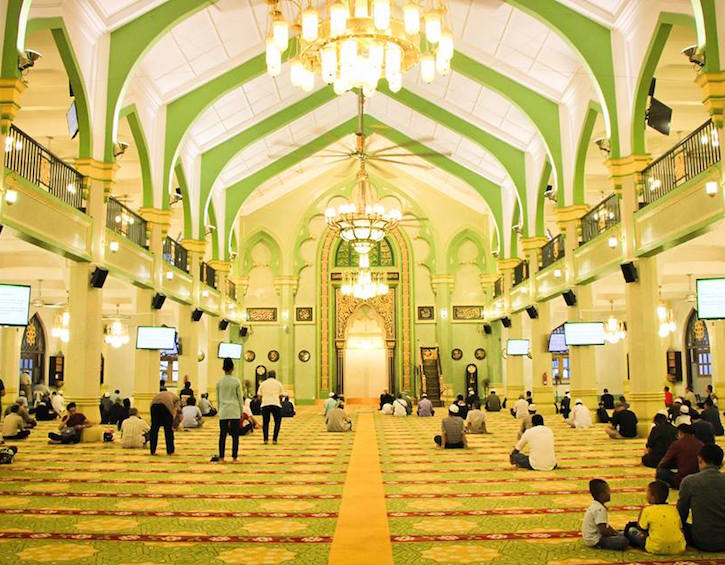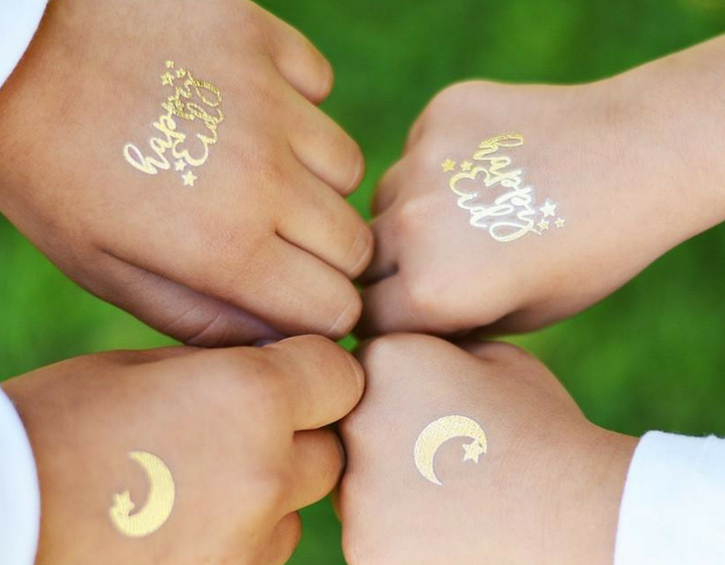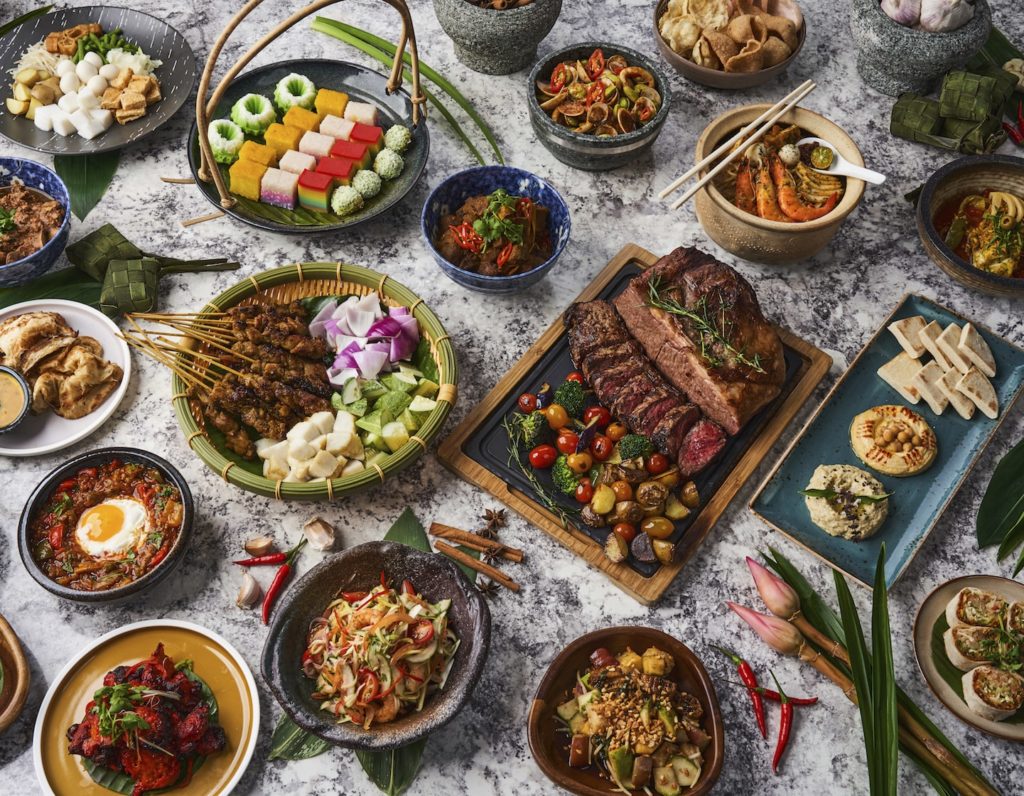
Ever wondered why Muslims fast during Ramadan? Here’s our guide to explain Ramadan and the traditional Muslim practices to your kids
One of the huge benefits of living in a multicultural city like Singapore is the depth of experience and exposure that children have to different traditions and cultures. However it can sometimes prove difficult to explain to little ones what these experiences mean and why they are so important to others. As a mother I know how hard it can be to answer all the questions, and being a Muslim myself, I wanted to (hopefully!) offer some simplified explanations that may help educate children about our most important time of the year.
When is Ramadan?
The first day of the Ramadan 2024 ‘fasting month’ in Singapore is expected to start on 12 March 2024 and ends on 10 April 2024. Hari Raya Puasa or Hari Raya Aidilfitri marks the end of the fasting month of Ramadan. Hari Raya Puasa 2024 is on Wednesday 10 April 2024.
Read more: Ramadan Buffets & Hari Raya Goodies 2024
Fasting in Islam and other cultures and religions

Firstly, it’s good for children to understand that fasting is not something unique to Islam; fasting and deprivation are very old spiritual techniques used by lots of other people around the world as part of their culture and religion.
Fasting can take different forms for different cultures/religions; some stop eating certain types of food for certain days (such as Christians for Lent), some fast but still drink and some stop drinking as well. The periods of fasting also differ from one religion/culture to another.
How Muslims fast
Muslims stop eating and drinking from when the sun goes up to when the sun sets for one month every year, which is the Holy Month of Ramadan. Muslims are encouraged to eat a nourishing pre-dawn meal, called the suhoor or sahur, before we begin fasting so we have enough energy for the day. At dusk, the fast is broken with a few sips of water and dates. This evening meal is called iftar.
Read More: Ramadan Fasting Etiquette & FAQs
Why Muslims fast
The reason we fast is because our bodies have to use energy to digest food, so we believe that when we stop eating we can use that energy for thinking (meditating). Believers have used fasting from olden days until today to clean (purify) the body and mind (soul). It is supposed to help make us stronger inside and help us understand others better (to be empathetic), and to connect with God and the people around us better. It also makes us understand how people who are poorer than ourselves and who may not have food and water feel.

When fasting, you should not only stop eating and drinking while the sun is up, but you are also supposed to think of all the ways you can be nicer to and help other people – your family, friends, teachers, service staff and strangers. You should try to say only nice things to people, and not get angry or cross with anyone or be rude. When we don’t spend our time getting cross or upset, our minds are clear to think about all the good things we have and focus on the important things.
You should also try and do something charitable for people in need who need help from others – donating some money or gifts, or volunteering to help.
When should children begin fasting?
Children are not required to fast until they reach puberty. Often, to prep kids for the real thing, many Muslim parents will encourage children to fast ‘half days’ in order to practice abstaining from food and drink. When they do begin fasting from sun up to sundown during Ramadan, they have to be comfortable doing so and should not continue if they start to become dizzy or overly hungry to the point of feeling ill.
How to wish someone a happy Ramadan
Wish your Muslim friends a happy Ramadan by exchanging greetings like “Ramadan Kareem,” or “Ramadan Mubarak!” Both greetings roughly translate into “Have a generous Ramadan” or “Happy Ramadan.”
When Ramadan ends and Muslims celebrate Eid-al-fitr (also known as Hari Raya Puasa), you can wish muslims “Eid Mubarak.”
Hopefully these simple concepts can be easily conveyed to your children. It can also be fun to organise additional research activities around this to help older children understand the commonalities between us all. You can challenge them to find out where fasting is practiced as a religious or spiritual practice, how long they fast for and how or what kind of foods people stop eating in different cultures/religions.
Ramadan Mubarak, mamas!






 View All
View All




 View All
View All









 View All
View All








